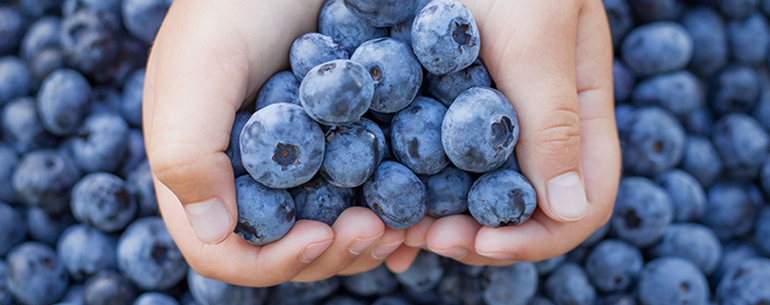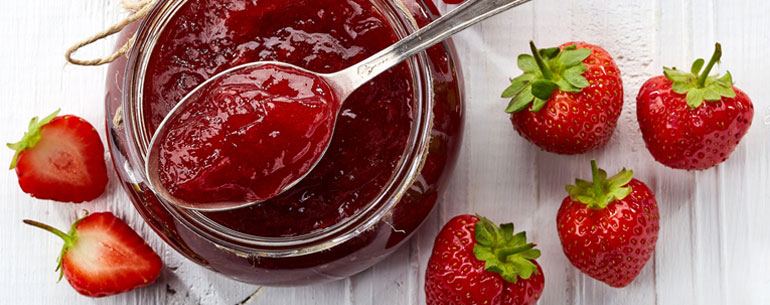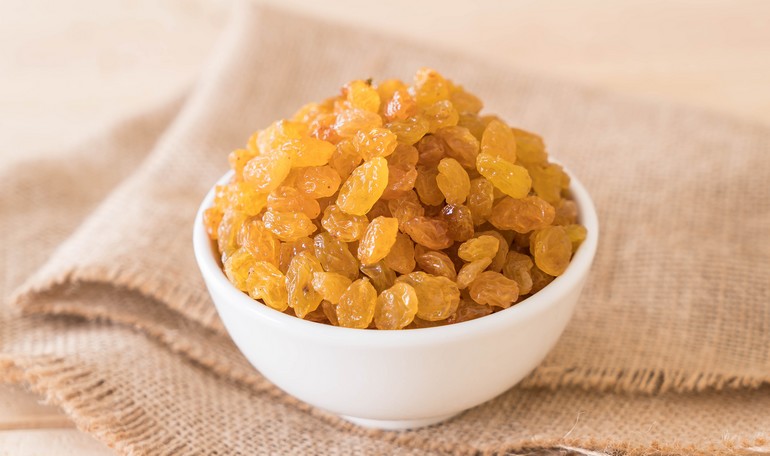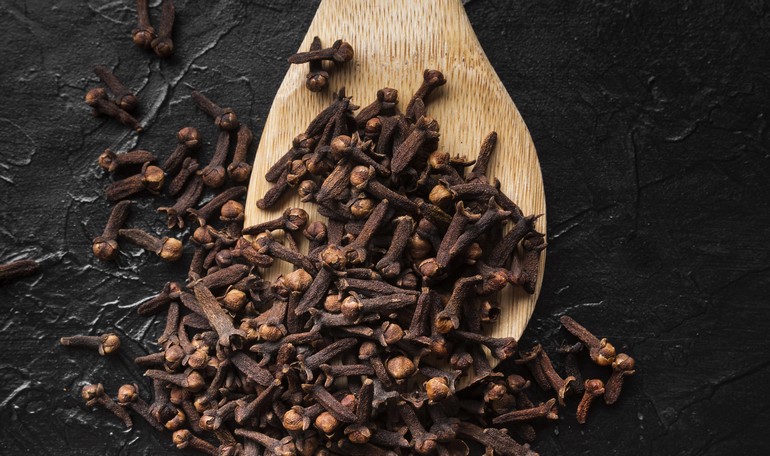The word from the nutritionist
Aronia: a berry with endless virtues
Be careful not to mistake it for a blueberry, not because it is poisonous and therefore dangerous but because you would do a wrong given its generous properties: we are talking about black aronia.
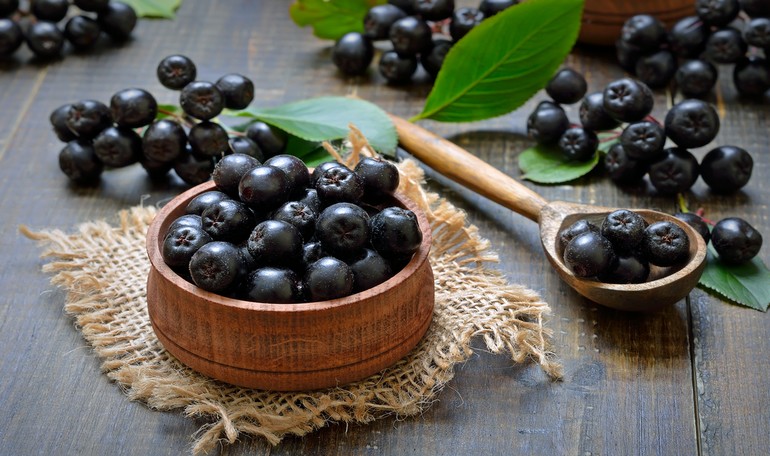
The centuries-old history of this plant starts from North America and its fame derives from the ancient consideration that had of it as a plant with endless virtues, precisely because of the multiple beneficial effects that its fruits were and are able to ensure: today Aronia is cultivated mainly in eastern European countries and is considered a medicinal plant for how important are the benefits that can be obtained from it.
Aronia is a small bush that produces red buds. Its oval and rich in glands containing essential oil leaves in spring have a light green color, while in autumn the shrub turns into a red and orange silhouette, the colors of fire.
Towards mid-spring the flowers sprout announcing the arrival of the fruits: they last very little open, less than a week and each has five white petals and pink anthers. In summer, three months after flowering, the fruits ripen grouped in clusters, black: the peculiarity of Aronia berries is that they are coated with a thin layer of wax, a feature that allows them to stand out from blueberries. Also in taste these berries differ from blueberries, as they are much harsher, reason why, despite the fact that they can be consumed raw, their use in the preparation of jams and processes that allow to replace the sourness with sweetness is preferred.
Aronia berries are a real gift from Mother Nature for our well-being: 100 g of these wellness pearls meet 34% of the daily requirement of vitamin C and 93% of the recommended daily intake of iron.
Rich in polyphenols and bioflavonoids, they are at the forefront of supporting our immune system and help its response in case of bacterial infections. In the winter period they help to improve the response to diseases related to the respiratory system (such as cough or cold) , but they are also very effective against urinary tract infections, thanks to the high amount of quinic acid.
With its tonic-energizing properties, aronia is a faithful ally during periods of fatigue, especially because unlike coffee or energy drinks, it does not overload the nervous system: it doesn’t consume energy, but provides it because it supports the normal metabolic functions of the body without stimulating the nervous system.
These berries are a real mine of antioxidants thanks to the content of anthocyanins, that protect the cells of our body from oxidative stress. Anthocyanins also have an anti-inflammatory action that protects and strengthens the walls of blood vessels, supports normal blood circulation and helps prevent the formation of dangerous arterial plaques. For this reason, the fruits of Aronia lower cholesterol, improve blood pressure, and ward off atherosclerosis. Antioxidants also fight cellular aging. One thing you'll see improve at a glance? Your skin, that will be more hydrated and bright: aronia is among the most powerful anti-aging existing in nature.
But, where can you find Aronia berries? In Italy, not being a typical or cultivated fruit, it is difficult to find them fresh: they can be found mainly packaged, but care must be taken to stay away from those contained in transparent plastic bags because light and heat risk damaging the nutrients of the berries.
Armonia can be combined with organic yogurt, ideal as a mid-morning snack instead of the usual industrial products. But not only: its juice can be inserted in tasty smoothies, combined with sweet tastes that contrast the bitter taste, or its berries can be used instead of chocolate chips in muffins and cookies. As a savory version, you can then try salad, fresh spinach, nuts and aronia berries, a healthy and original side dish, but consulting the gastronomic traditions of Eastern Europe you will find further recipes with this ingredient.
It should not be forgotten that aronia juice thanks to its active ingredients is very good for older people because it supports their immune defenses, protects them from seasonal ailments and slows down the degenerative states of advanced age.
Published 11 July 2022

